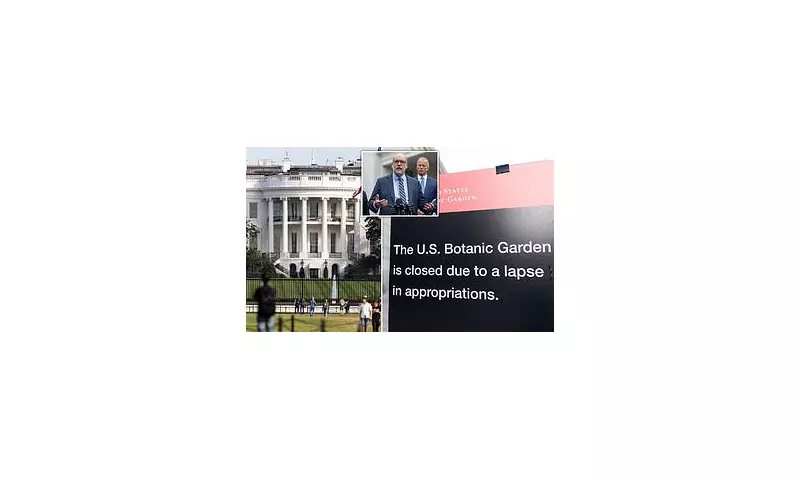
In a move that could reshape the very foundations of British-style governance, allies of former President Donald Trump are preparing for a potential second term with plans that would allow the mass dismissal of thousands of career government officials.
The Schedule F Blueprint
At the heart of this controversial strategy lies Schedule F - an executive order originally drafted during Trump's final months in office. This sweeping measure would reclassify tens of thousands of non-political civil service positions as essentially political appointments, stripping them of traditional employment protections.
According to documents obtained by the Daily Mail, the plan is being refined by Trump loyalists at institutions including the Heritage Foundation and America First Policy Institute. Their goal: to have the framework ready for immediate implementation should Trump return to power in January 2025.
Whitehall-Style System Under Threat
The proposed changes would fundamentally alter a system that shares similarities with Britain's own civil service structure, where career officials maintain government continuity regardless of which party holds power. Like Whitehall mandarins, American civil servants have traditionally provided institutional memory and expertise across political transitions.
"This isn't just bureaucratic restructuring - it's a potential constitutional crisis in the making," warned Dr Eleanor Vance, a governance expert at Oxford University. "What we're seeing is preparation for the most dramatic politicisation of the civil service in modern history."
Implementation Strategy
The Trump team's approach appears systematic and comprehensive:
- Immediate reclassification of up to 50,000 federal positions
- Rapid replacement with political loyalists
- Bypassing traditional competitive hiring processes
- Centralising power within the Executive Office of the President
Defence and Criticism
Supporters argue the changes would make government more responsive to electoral mandates. "The current system protects bureaucrats who actively work against the president's agenda," argued James O'Keefe of the America First Policy Institute.
However, critics fear catastrophic consequences for government functionality and democratic norms. "This isn't reform - it's replacement," said former White House ethics chief Walter Shaub. "They're building a patronage system that would make the 19th century spoils system look tame."
The debate raises profound questions about the future of apolitical governance on both sides of the Atlantic, with potential implications for how democracies balance political control with institutional stability.





